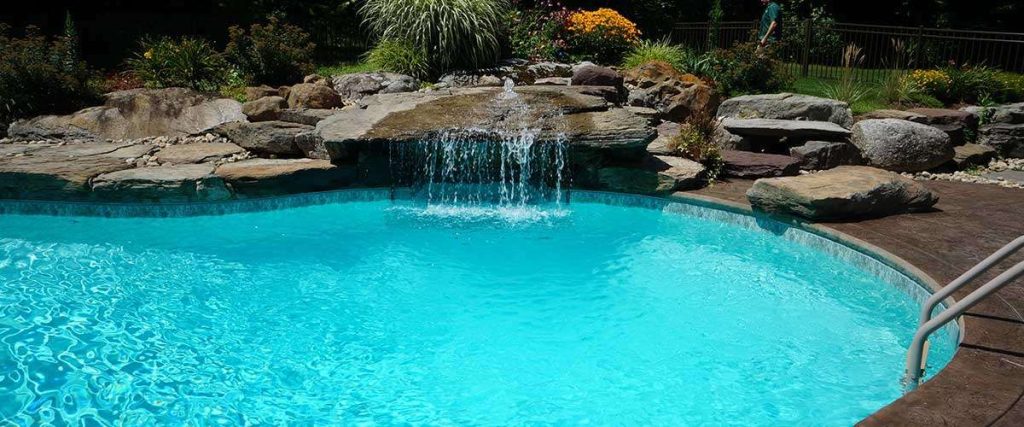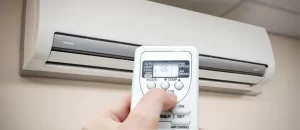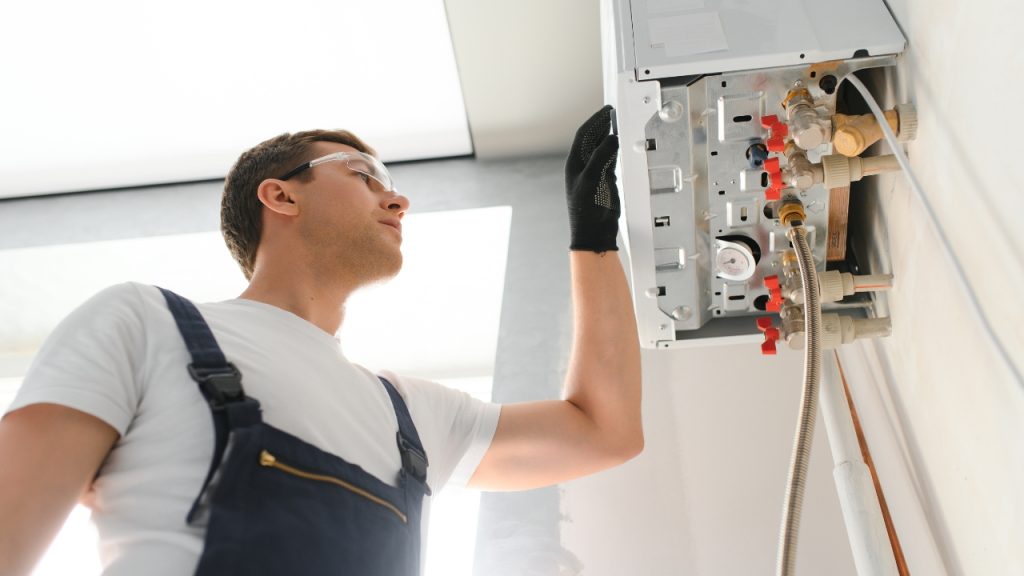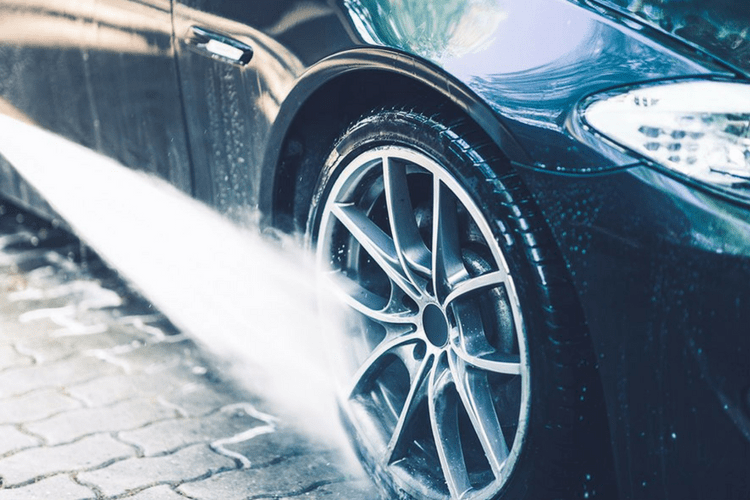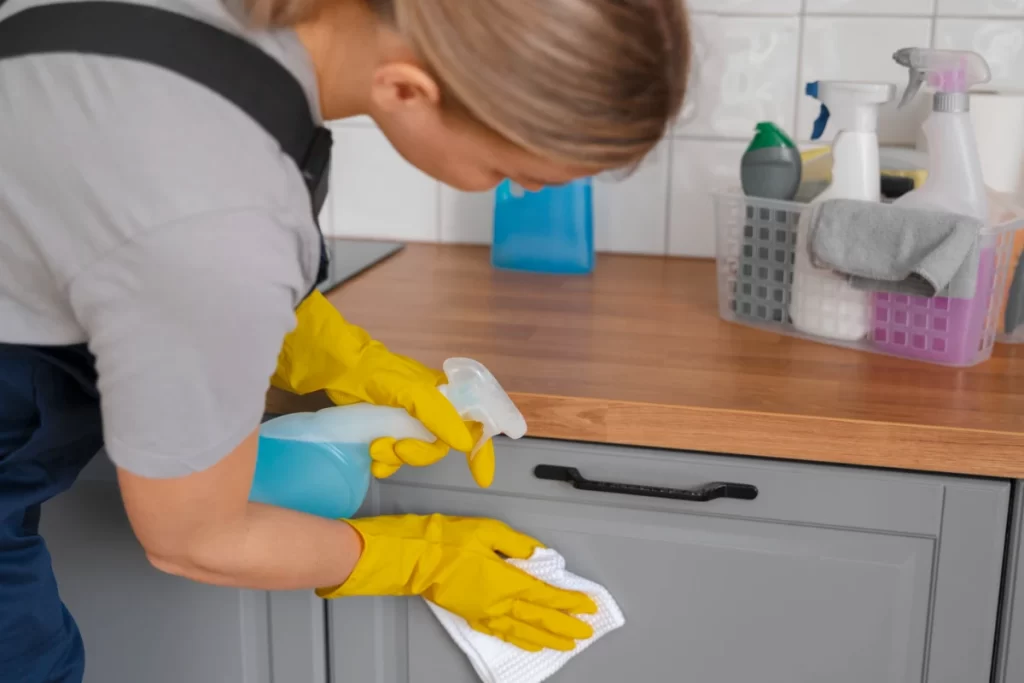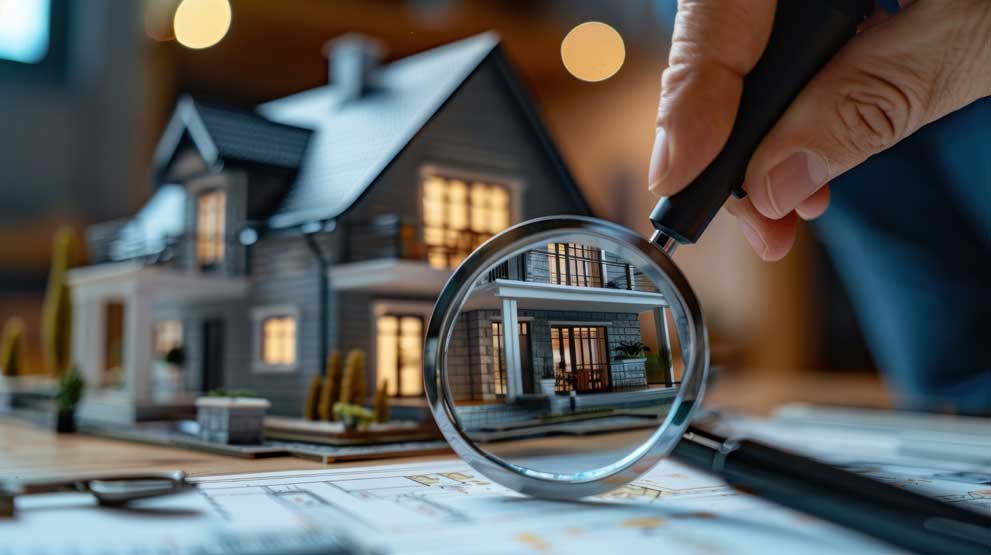In Florida, a backyard pool offers a way to cool off and relax during hot summer days. However, to make a splash when the weather is cooler, it’s important to have heating options in place. Choosing the pool heating system can offer year-round comfort. There are choices, each with its own pros and cons. This guide aims to explain these options to help homeowners make informed decisions.
Different Kinds of Pool Heating Systems
The market is mostly ruled by three types of heating solutions: powered systems, gas-based systems, and electric systems. Each of them has features that cater to various requirements and choices. Knowing each one in detail can assist in narrowing down the choices available.
Heating Systems Powered by Energy
Solar systems use the sun’s energy to generate power in a way by installing panels that capture sunlight and convert it into heat for warming pool water or other uses. Although setting up these systems may have a cost initially, they are a cost option in the long run since they rely on renewable energy sources. Operating expenses are generally low once the system is in place. However, the effectiveness of systems can be affected by varying weather conditions that impact sunlight availability.
Heating Systems that use gas
Gas-powered heaters are great for people who want to adjust the temperature in their space because they heat up fast using gas or propane and keep things warm even when it’s cold outside or cloudy. They work efficiently. However, they can get expensive to run if you use them a lot and need upkeep to keep them working well.
Electric Heat Pumps Are a Choice for Heating Systems
Electric heat pumps work by drawing warmth from the air around them and transferring it to the pool water—an energy-reliable method that works well in milder climates in particular. These heat pumps are great for maintaining a temperature in the pool all year for continuous enjoyment. Although the initial installation costs may be higher than those of gas systems, the long-term savings from operating costs usually make up for it. It’s worth noting that their efficiency may decrease when operating in weather conditions.
Important Points to Think About
Numerous elements play a role in determining the heating system that best suits individual preferences, prompting homeowners to assess these factors to make informed choices effectively.
Consider Climate and Weather
Florida’s humid weather conditions are a factor in choosing the best heating solution. Solar panels work great in sunny regions, and heat pumps are ideal for moderate climates. For folks living in areas with unpredictable weather patterns, gas heaters provide a choice.
Expenses
Discuss costs associated with setting up and maintaining systems or gas heaters with your pool services in Lake Mary, FL. Solar systems require an investment but can lead to savings in the long run. On the other hand, gas heaters may have upfront costs but can result in higher ongoing expenses. Heat pumps provide a ground with costs for both installation and operation.
The Effects on the Environment
Many homeowners are emphasizing factors nowadays. Solar power systems are popular among those who value sustainability due to their eco-nature. Electric heat pumps provide an eco-friendly option as well. Although gas systems are effective in heating homes, they also release carbon emissions into the atmosphere.
Patterns of Pool Usage
The frequency of pool use can impact the decision on which heating system to choose. Gas heaters offer versatility for people who swim occasionally or use pools during seasons. On the other hand, those who swim regularly or have pools in use throughout the year may find solar or heat pump options advantageous.
Caring for Equipment
Considering the challenges that come with installation and upkeep is important when choosing a heating or cooling system for your home. Solar setups might need adjustments to your roof structure, and gas heaters must be ventilated correctly for safety reasons. Heat pumps also require space for setup and periodic maintenance to keep them running smoothly.
In Conclusion
Choosing the pool heating system for a home in Florida requires an assessment of the available choices and specific situations at hand. Understanding the characteristics of power heating systems and gas or electric alternatives allows for making well-informed choices that suit personal tastes and eco-friendly concerns. By considering factors like climate conditions in the area, financial constraints, and how the pool is used regularly, homeowners can look forward to enjoying comfortable swimming experiences throughout the year while making the most of their investment.

